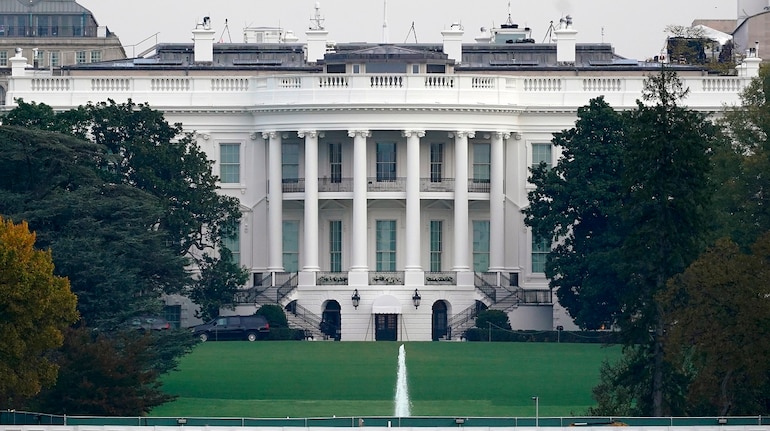
Ransom software works by encrypting victims’ data. Typically hackers will offer the victim a key in return for cryptocurrency payments that can run into hundreds of thousands or even millions of dollars.
(Representative image)
Top Indian-American advisor and a key architect of Washington’s punitive economic sanctions against Moscow, Daleep Singh, said the US would not like to see rapid acceleration of India’s energy or other imports from Russia.
“Exports from Russia are currently being prohibited by the US or by other aspects of the international sanctions. There are consequences for countries that actively attempt to circumvent or backfill these sanctions,” the US deputy national security advisor said before leaving India on Thursday.
“US allies should not create mechanisms that prop up the rouble and attempt to undermine the dollar based financial system.”
Singh was in India on March 30 and 31 to discuss the consequences of Russia’s unjustified war against Ukraine and the development of an Indo-Pacific Economic Framework.
Singh’s statement attracted wrath from a section of intellectuals in India. “This is not the language of diplomacy… This is the language of coercion… Somebody tell this young man that punitive unilateral economic measures are a breach of customary international law…” twitted Syed Akbaruddin, Dean of Kautilya School of Public Policy.
“Daleep Singh, the deputy national security advisor for international economics, had really good discussions with his counterparts. And I know that the conversation was productive,” White House Director of Communications Kate Bedingfield told reporters at her daily news conference.
At a separate news conference, State Department Spokesperson Ned Price, responding to a question on the India visit of the Russian Foreign Minister said that every country has their own relationship. Different countries are going to have their own relationship with the Russian Federation.
“It’s a fact of history. It’s a fact of geography. That is not something that we are seeking to change. What we are seeking to do, whether it is in the context of India or other partners and allies around the world, is to do all we can to see to it that the international community is speaking in unison,” he said.
Price’s comments stemmed from the views shared by Singh. “(I) Don’t think anyone would believe that if China again breached the LAC (the Line of Actual Control) then Russia would come running to India’s defence,” Singh said in a strongly-worded statement. “I came here in the spirit of friendship to explain the mechanism of our sanctions.”
Back in the White House, Price refrained from giving a direct response to the question on the rupee-ruble trade between India and Russia. “I would refer to our Indian partners when it comes to any such rupee-ruble conversion that may have been discussed. When it comes to the Quad, one of the core principles of the Quad is the idea of a free and open Indo-Pacific,” he said.
“There are countries that by dint of their long standing relationships with the Russian Federation are going to have in some ways even more leverage than countries closer to us will, he said. That is all well and good. We understand that. What we are asking for, what we are calling for is that all countries use the leverage that they have to make sure that that message is coming across to Vladimir Putin loud and clear,” Price said.

